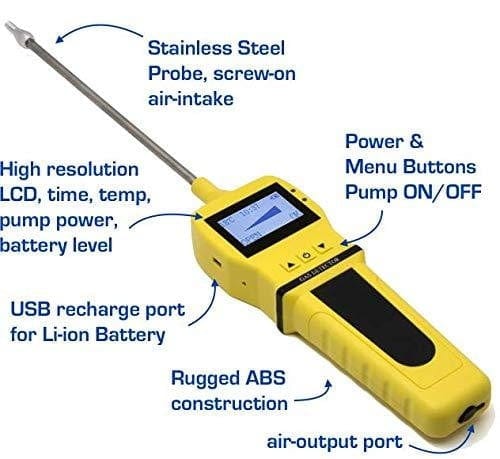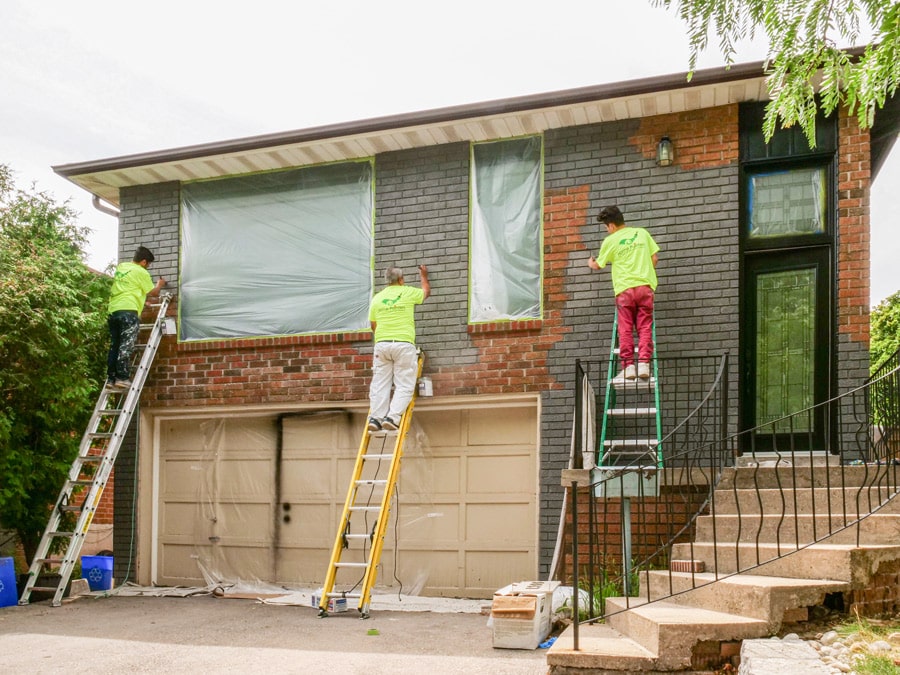
In today’s world, the safety of our living and working environments is paramount. One crucial aspect of this safety is the detection of gas leaks, which can lead to devastating consequences if left unchecked. Gas leak detectors are essential devices that can identify the presence of harmful gases, providing early warning and preventing potential disasters.
What is a Gas Leak Detector?
A gas leak detector is a device designed to sense the presence of gases in an area, alerting users to potential leaks. These detectors can identify a range of gases, including natural gas (methane), propane, carbon monoxide, and other harmful substances. Depending on their design and functionality, they can be used in both residential and industrial settings.
How Do Gas Leak Detectors Work?
Gas leak detectors operate using various technologies, including:
- Electrochemical Sensors: These sensors react chemically with the gas to produce an electrical signal, which is then interpreted as the presence of gas.
- Infrared Sensors: Infrared detectors measure the absorption of infrared light by gas molecules, allowing them to identify specific gases based on their unique spectral signatures.
- Catalytic Sensors: These sensors work by measuring changes in temperature caused by the oxidation of gas on a heated element. A significant temperature change indicates the presence of gas.
Most modern gas leak detectors are equipped with audible alarms, visual alerts, and sometimes even smartphone connectivity to ensure that users are promptly notified of any potential hazards.
Importance of Gas Leak Detectors
-
Preventing Explosions and Fires: Natural gas is highly flammable. A leak can lead to explosions or fires, posing significant risks to life and property. Gas detectors provide early warnings, allowing for timely evacuation and response.
-
Protecting Health: Gases like carbon monoxide are odorless and colorless, making them particularly dangerous. carbon dioxide detector can help identify dangerous levels of these gases, safeguarding the health of occupants.
-
Compliance and Safety Regulations: In many regions, safety regulations require the installation of gas leak detectors in residential and commercial properties. Compliance not only protects occupants but also helps avoid legal liabilities.
Choosing the Right Gas Leak Detector
When selecting a gas leak detector, consider the following factors:
- Type of Gas: Ensure the detector is capable of sensing the specific gas(es) you need to monitor.
- Sensitivity and Range: Look for detectors with high sensitivity and appropriate detection ranges for your space.
- Power Source: Gas detectors can be battery-operated, hardwired, or plugged into an outlet. Choose one that fits your needs.
- Additional Features: Some detectors offer smart features, such as app notifications, digital displays, and self-testing capabilities.
Installation and Maintenance
Proper installation and maintenance are vital for the effectiveness of gas leak detectors. Follow the manufacturer’s instructions for placement—typically near potential gas sources, like stoves and heaters, and not in areas with poor air circulation. Regular testing and maintenance, including battery replacement as needed, ensure the device functions correctly.
Conclusion
Gas leak detectors are indispensable tools for maintaining safety in homes and workplaces. By understanding their functionality, importance, and the criteria for selecting the right one, you can significantly enhance your safety and preparedness against potential gas hazards. Investing in a quality gas leak detector is a proactive step towards ensuring a secure environment for yourself and those around you.



